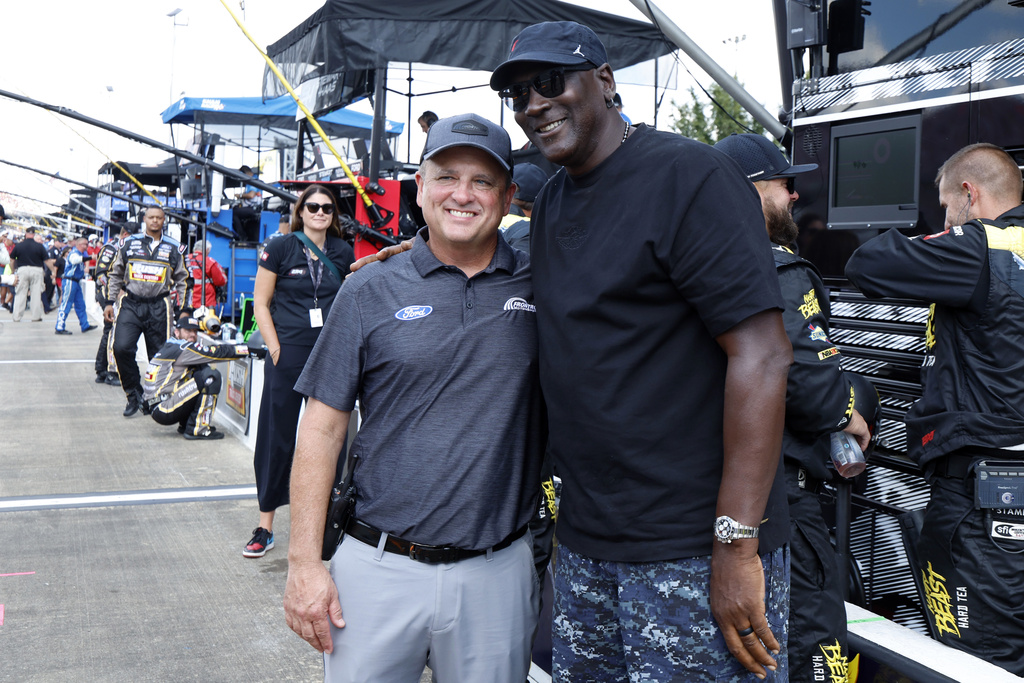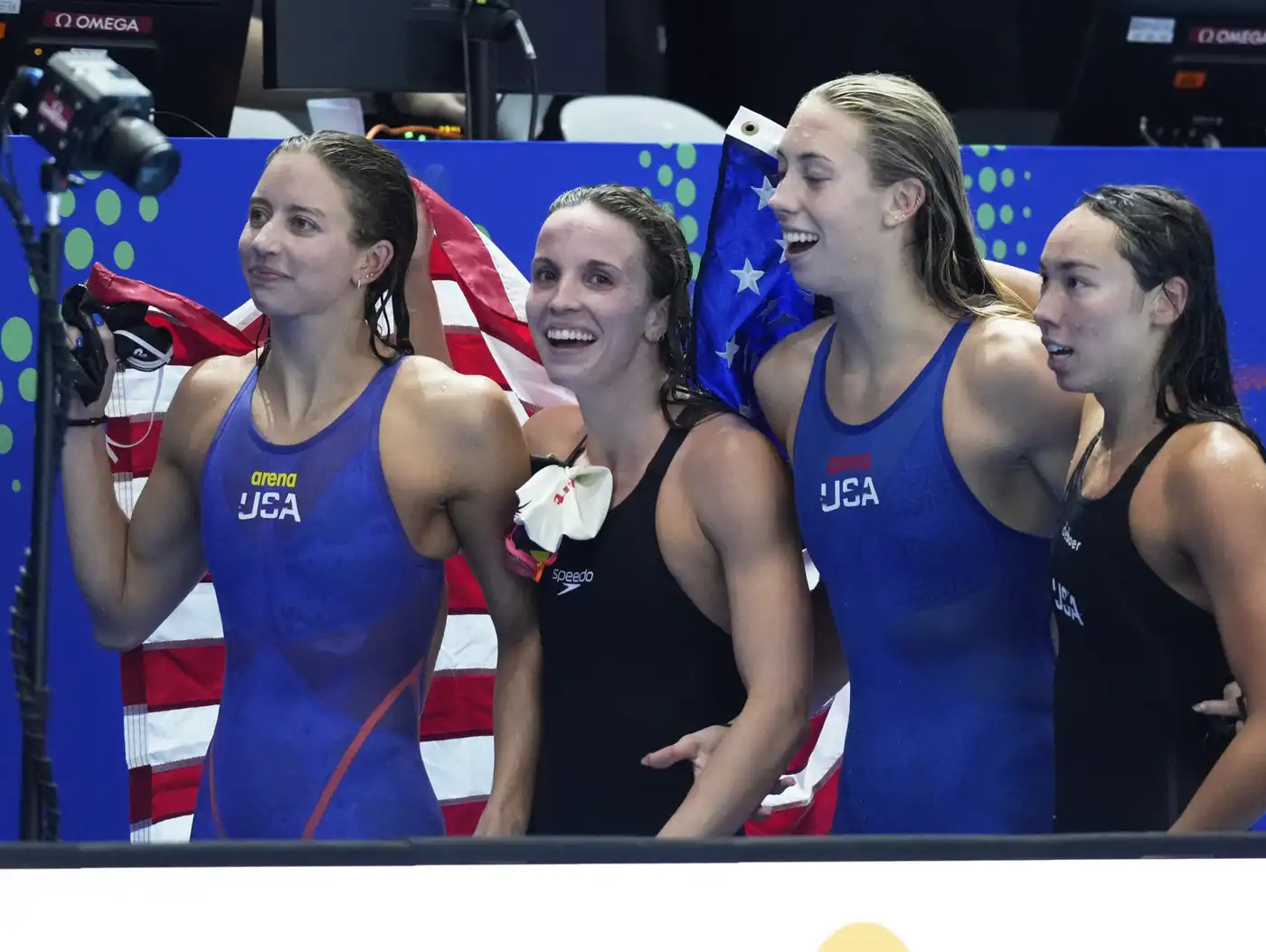
In a significant development within the NASCAR community, recent legal decisions have impacted the plans and ambitions of two prominent racing teams: 23XI Racing and Front Row Motorsports. Both teams, known for their competitive presence and aspirations to expand their operations, faced a crucial setback when a judge denied their requests to race under official NASCAR charter agreements. This decision has sparked discussions across motorsport circles, highlighting the complexities and regulatory intricacies involved in the sport’s official framework.
Background on NASCAR Charters and Their Significance
Understanding the NASCAR Charter System
The NASCAR charter system was introduced to provide stability and guaranteed entry for team owners into the Cup Series. These charters are essentially licenses that ensure a team’s spot in every race season, creating a more predictable and financially secure environment for teams. Charters are highly coveted, as they offer advantages including entry into the playoffs, financial benefits, and increased access to sponsorship opportunities.
The Rise of 23XI Racing and Front Row Motorsports
23XI Racing, co-owned by NBA legend Michael Jordan and NASCAR superstar Denny Hamlin, has swiftly risen in prominence since its inception, competing fiercely against more established teams. Similarly, Front Row Motorsports has built a reputation for competitive performance and cost-effective operations, making them key players in NASCAR’s evolving landscape.
Both teams have expressed strong interest in securing NASCAR charters to solidify their place in the series and expand their competitive footprint. Their desire to operate with charters underscores their commitment to long-term growth and stability within the sport.
The Legal Challenge and the Court’s Ruling
The Request to Race with Charters
In recent filings, 23XI Racing and Front Row Motorsports sought to obtain official NASCAR charters, arguing that their participation and investments warranted such recognition. They believed that having official charters would enable them to compete on equal footing with larger, more established teams and would provide essential stability for their operations.
However, these requests faced legal hurdles, leading to a court hearing where their case was examined under various regulatory and contractual considerations.
The Court’s Decision
On the basis of the legal proceedings, a judge ultimately denied the requests submitted by 23XI Racing and Front Row Motorsports to race with official charters. This decision was based on multiple factors, including adherence to NASCAR’s governing rules and the criteria set forth for obtaining charters.
The ruling emphasizes the importance of compliance with existing regulations and the competitive framework established by NASCAR, which seeks to balance the interests of all teams, big and small.
Implications of the Ruling
Impact on the Teams
- Operational Uncertainty: Without official charters, both teams face questions about their ability to enter races consistently and compete effectively throughout the season.
- Financial Challenges: Not holding a charter limits access to certain financial benefits, potentially complicating sponsorship and partnership opportunities.
- Strategic Adjustments: The teams may need to explore alternative strategies, including securing different types of licenses or pursuing other avenues for stability within NASCAR.
Broader Industry Reactions
The decision underscores ongoing debates within NASCAR regarding the allocation of charters and the criteria for their distribution. It also raises questions about the future landscape of the series, including how emerging teams can navigate the regulatory environment to achieve growth and sustainability.
Prominent figures in the sport and industry analysts have varied opinions, with some viewing the ruling as a reinforcement of current standards, while others see it as a barrier to entry for newer or less-established teams aspiring to rise through the ranks.
Future Outlook
Potential Next Steps
Both 23XI Racing and Front Row Motorsports are likely to reconsider their strategies in light of the ruling. They may seek to:
- Engage in further legal or regulatory reviews to challenge the decision.
- Work more closely with NASCAR to meet the criteria required for charter eligibility.
- Focus on alternative methods for securing race entries, such as obtaining non-charter licenses or forming partnerships.
Additionally, this decision could influence future policy discussions within NASCAR, potentially prompting reforms or clarifications regarding the charter system to accommodate the ambitions of emerging teams.
Conclusion
The denial of the race charter requests for 23XI Racing and Front Row Motorsports marks a pivotal moment in the ongoing evolution of NASCAR’s regulatory landscape. While it presents challenges for these teams, it also underscores the importance of navigating complex rules and maintaining compliance to succeed in America’s premier motorsport series. As the sport continues to grow and adapt, the paths for emerging teams may become clearer—or more obstructed—depending on how NASCAR balances its foundational principles with the aspirations of a new generation of competitors.
For more updated news please keep visiting Prime News World.








